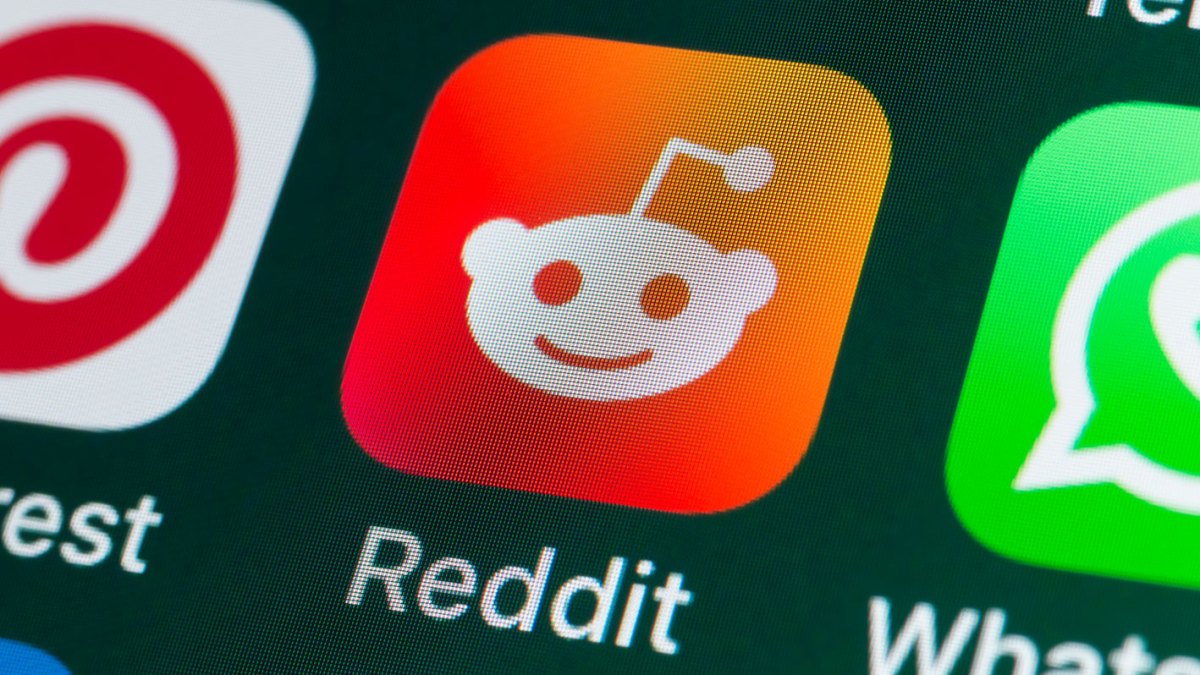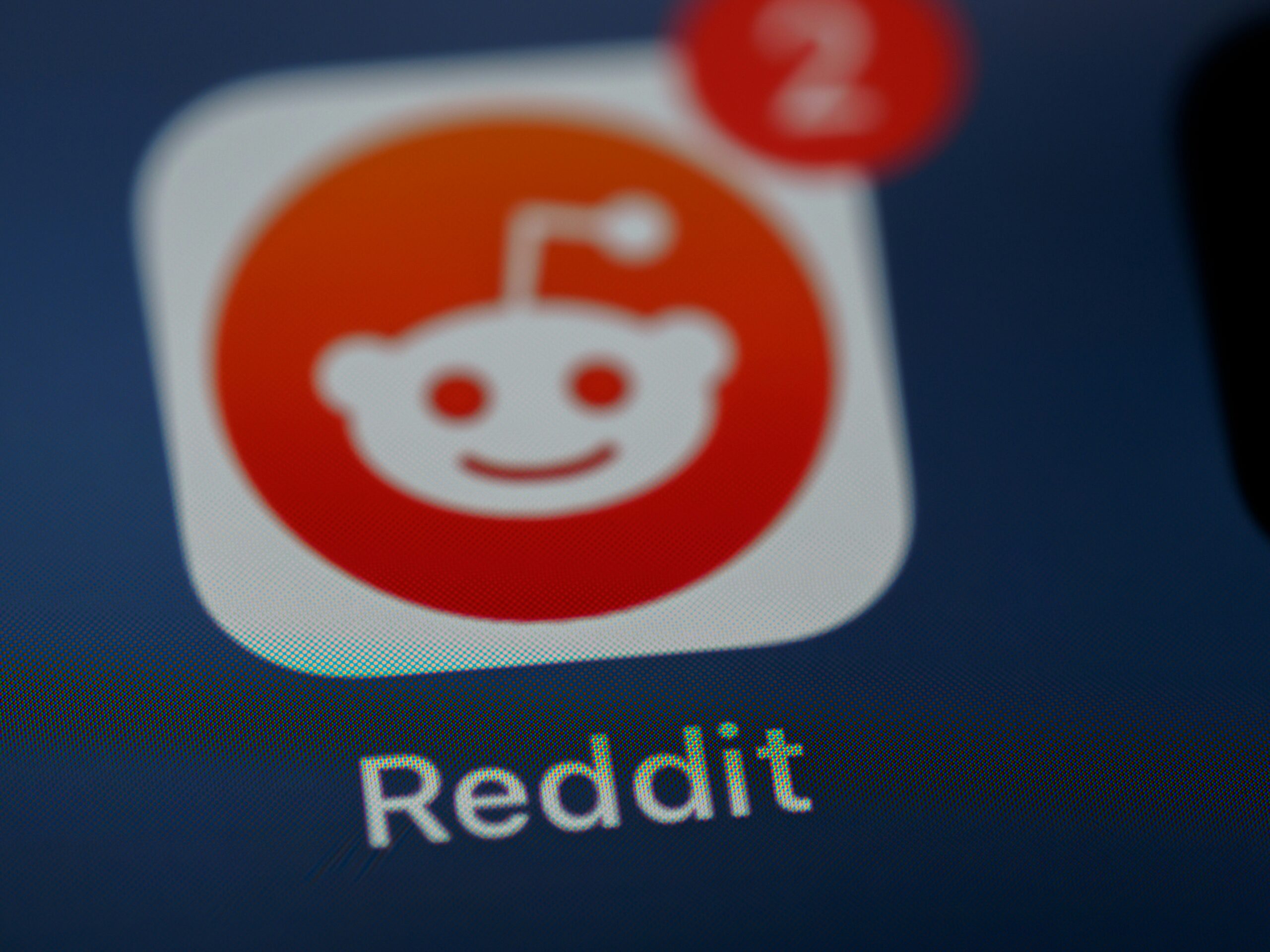In a significant shift towards online safety, Reddit has announced the implementation of a new age verification system for its users in the United Kingdom. This move, effective July 14, aims to restrict
Did You Know
Bananas are berries, but strawberries aren't.
?
AD
access to sensitive and mature content by requiring users to upload either a selfie or identification. The decision arises from new age verification laws in the UK, reflecting the platform's response to growing societal concerns about the safety of young users on the internet.
The age verification initiative highlights a larger trend across various social media platforms as they grapple with regulatory changes. By ensuring that under-18s are shielded from inappropriate content, Reddit is not only complying with the law but also taking proactive steps to foster a safer community. Critics of such measures may argue that they could infringe on user privacy and potentially deter participation in online discussions. Nonetheless, Reddit remains committed to balancing these aspects while promoting user safety.
As the landscape of digital content continues to evolve, Reddit's efforts to adapt speak volumes about the challenges faced by platforms worldwide. Navigating the fine line between security and privacy will be crucial as users adjust to these new requirements. With its latest policy, Reddit aims to set a precedent for responsible content management, highlighting the prioritization of young individuals' safety that can drive significant changes in how online communities operate.
Q&A (Auto-generated by AI)
What is age verification and why is it important?
Age verification is the process of confirming a user's age to restrict access to content that may not be suitable for minors. It is crucial for protecting young audiences from harmful or inappropriate material, especially on platforms like Reddit that host user-generated content. With rising concerns about online safety and the impact of exposure to mature content on minors, age verification laws have been implemented to ensure that platforms take responsibility for the type of content accessible to different age groups.
How do age verification laws vary by country?
Age verification laws differ significantly across countries. In the UK, recent legislation mandates platforms to verify users' ages to access certain content, reflecting a growing trend toward stricter online safety measures. In contrast, other countries may have more lenient regulations or no specific laws at all, allowing platforms to self-regulate. This disparity can lead to challenges for international companies that must navigate varying legal requirements while ensuring user safety.
What are the potential impacts on user privacy?
Implementing age verification can raise significant privacy concerns for users. Collecting personal data, such as identification or selfies, may expose users to data breaches or misuse of their information. Users might feel uncomfortable sharing sensitive data, leading to resistance against such measures. Balancing the need for safety with the right to privacy is a critical challenge for platforms, as they must ensure robust data protection while complying with legal requirements.
What challenges do platforms face with age verification?
Platforms face several challenges with age verification, including technological hurdles, user resistance, and compliance with varying legal standards. Implementing effective verification systems can be costly and complex, requiring secure technology to handle sensitive information. Additionally, users may be hesitant to provide personal data, fearing privacy violations. Platforms must also adapt to different regulations in various regions, complicating the implementation of a consistent verification process.
How has online safety evolved in recent years?
Online safety has evolved significantly, particularly with the rise of social media and user-generated content. Increased awareness of issues like cyberbullying, misinformation, and exposure to inappropriate content has prompted governments and organizations to push for stricter regulations. Recent laws, such as those mandating age verification, reflect a proactive approach to safeguarding users, especially minors, from harmful online experiences, showcasing a shift toward greater accountability for tech companies.















